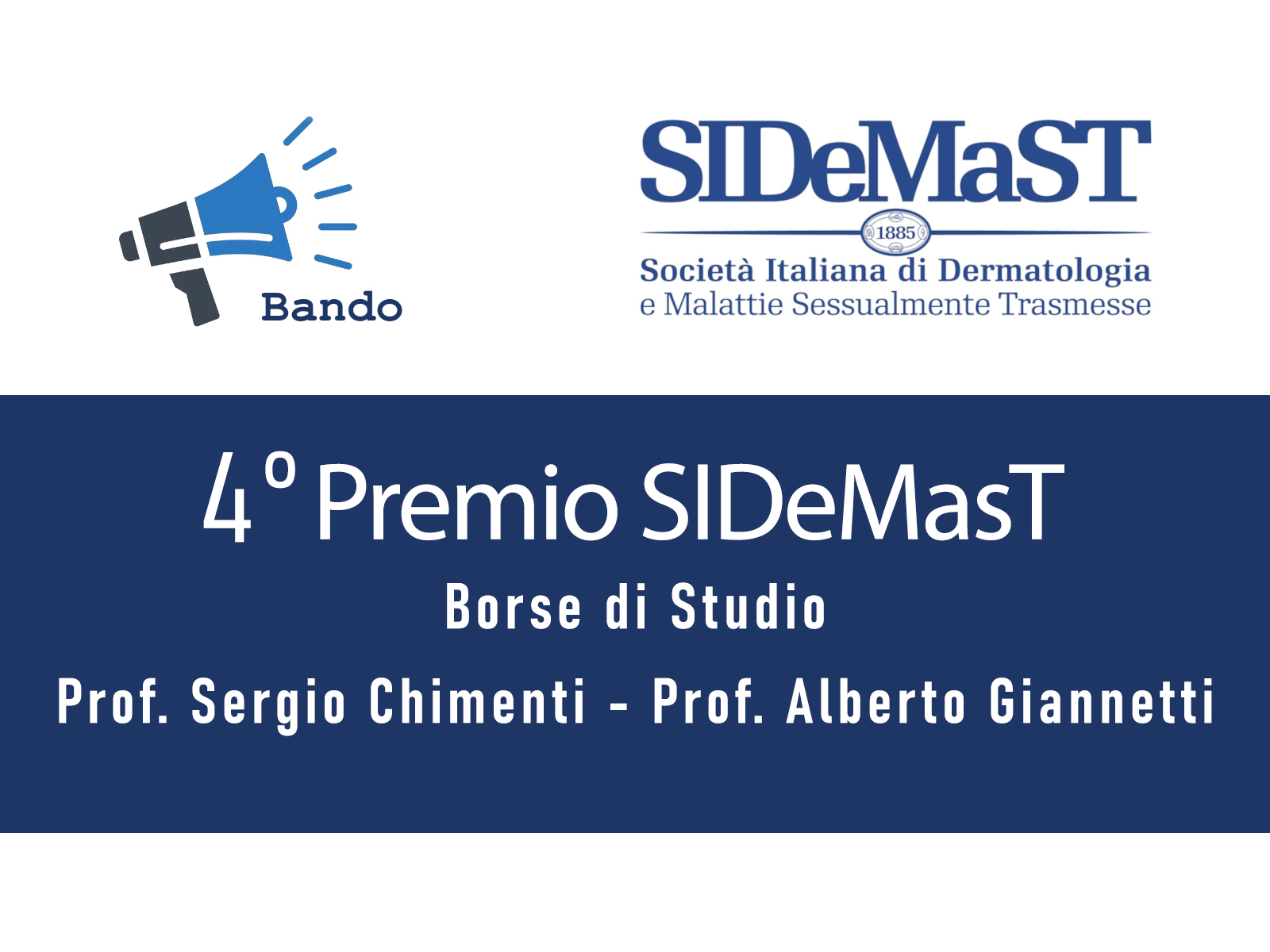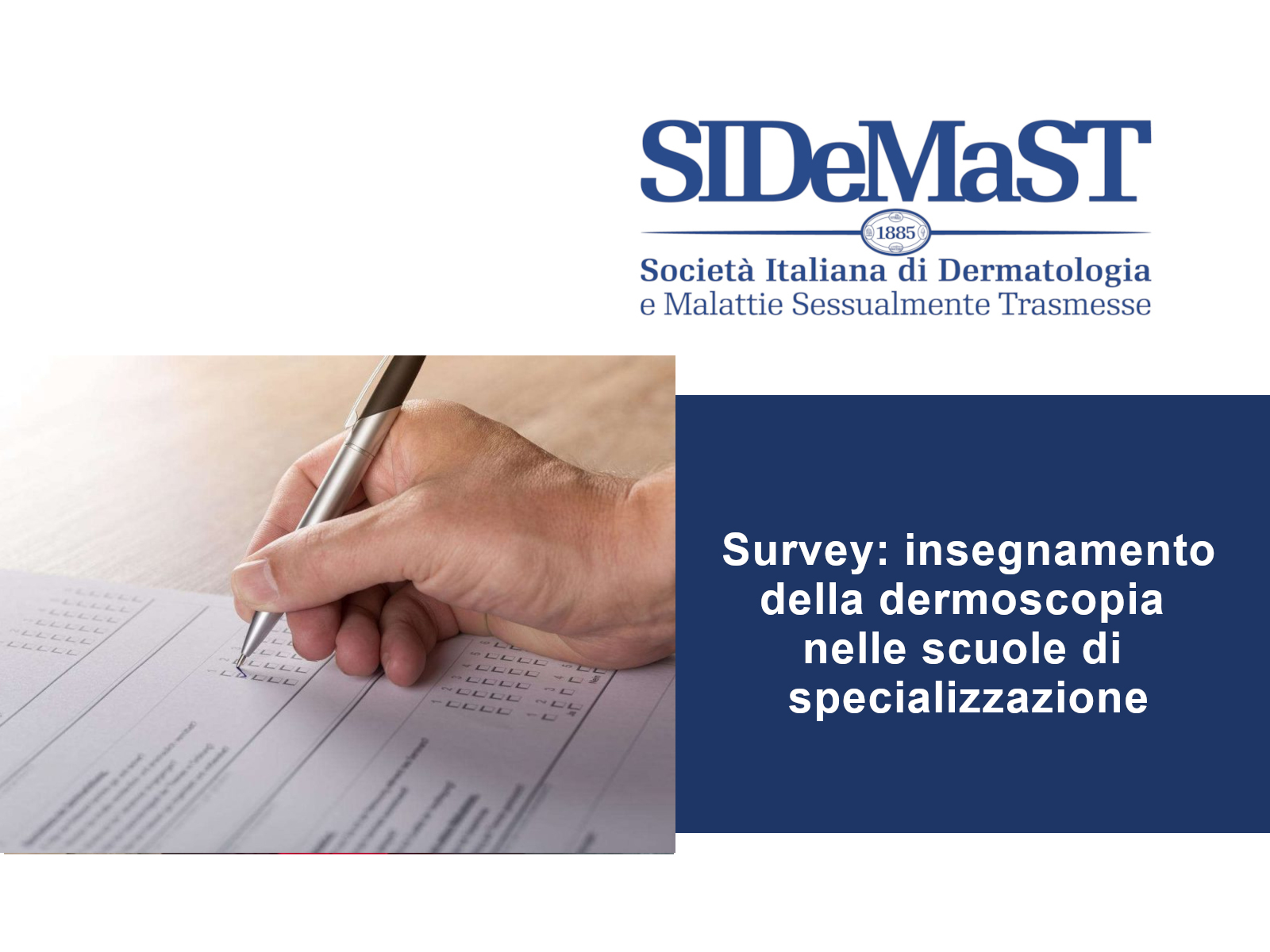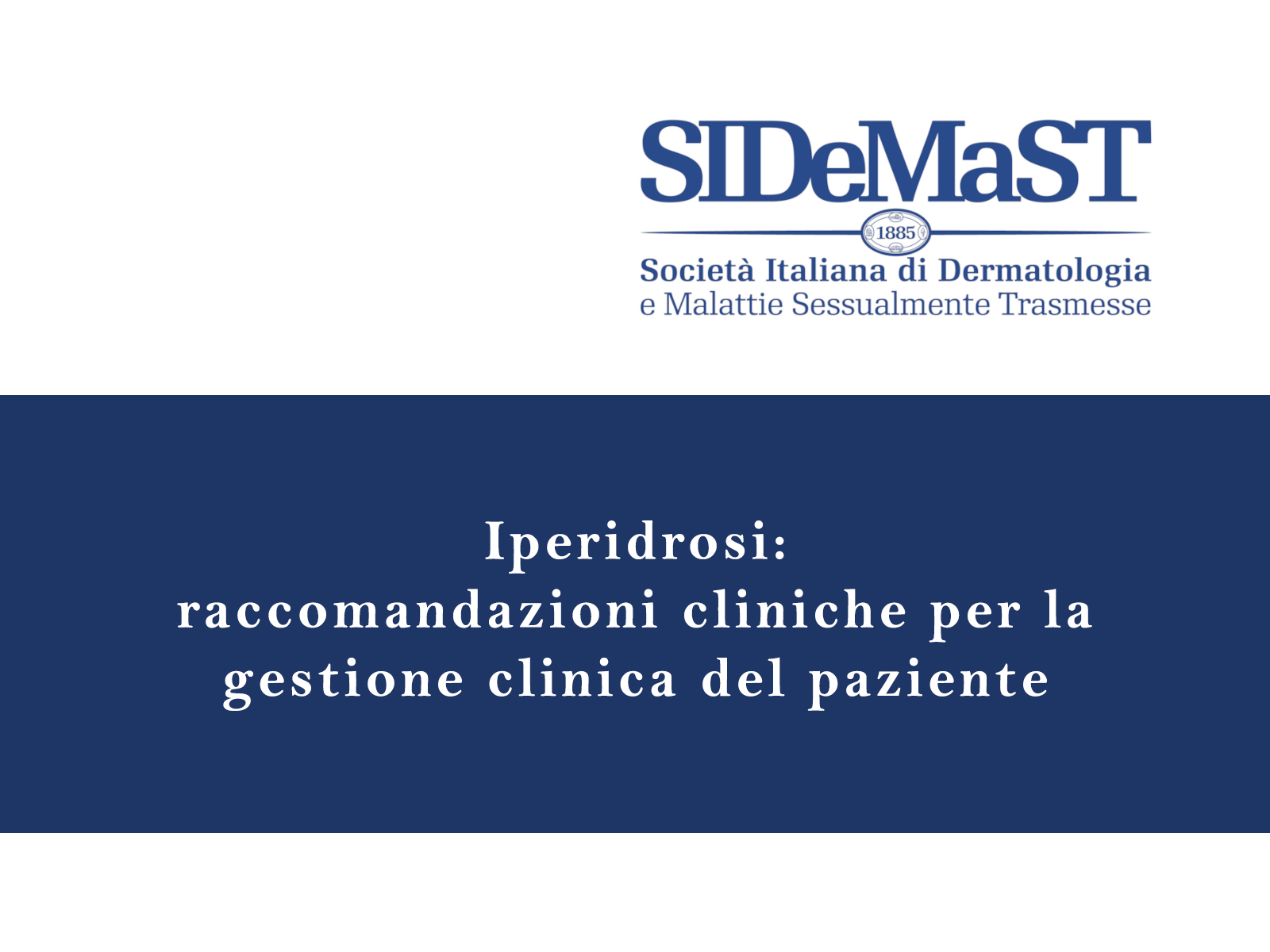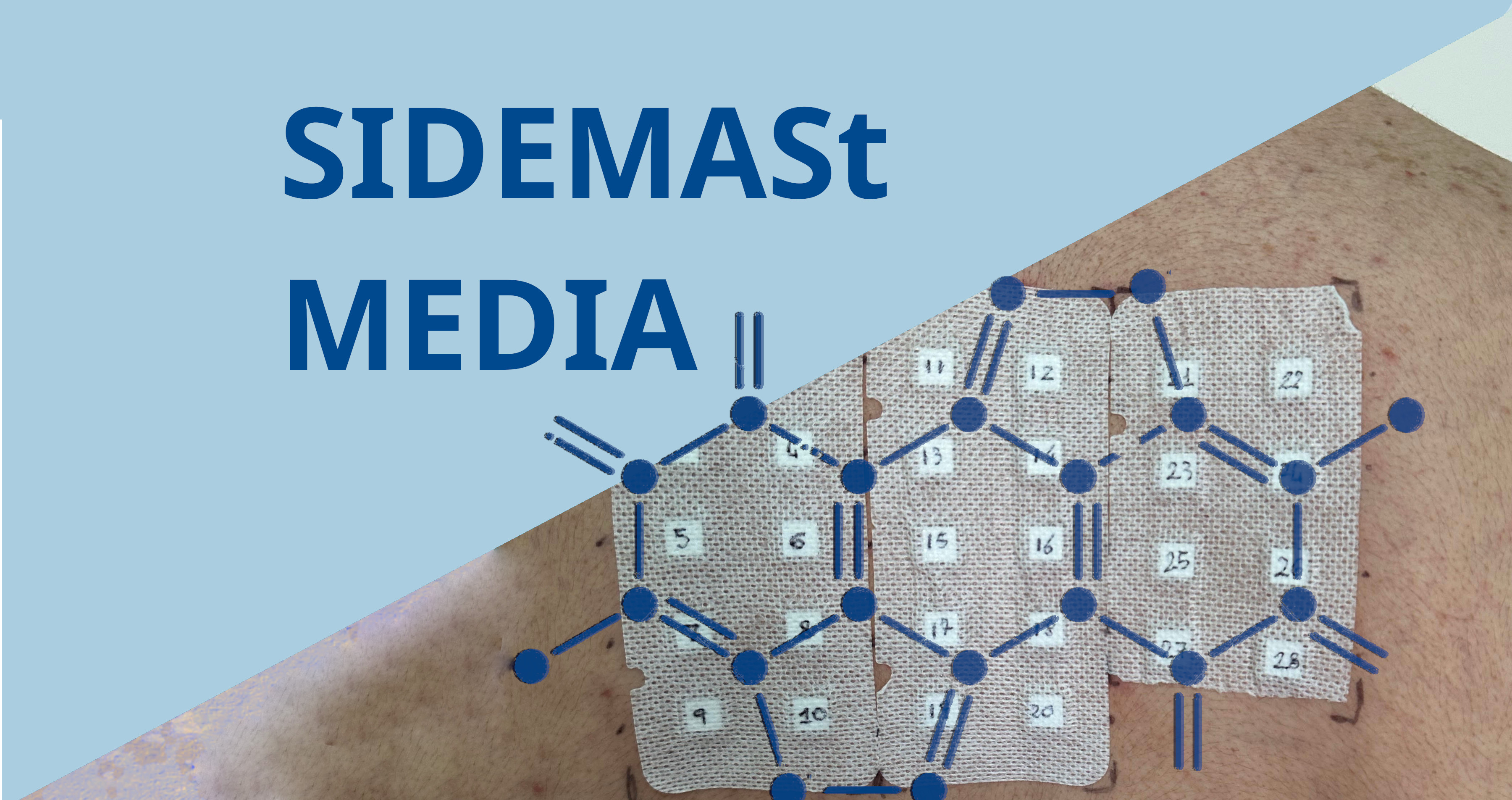Adjuvant vemurafenib provides significantly improved disease-free survival (DFS) and distant metastasis-free survival (DMFS) compared with placebo in patients positive for the BRAFV600 mutation with completely resected stage IIC to IIIB melanoma who are at high recurrence risk, according to findings from the BRIM8 study, presented at the 42nd European Society for Medical Oncology (ESMO) Congress.
The BRIM8 study placed such subjects into 1 of 2 cohorts: Those with stage IIC, IIIA, or IIIB melanoma were placed in cohort 1 (n = 314), and those with stage IIIC melanoma (n = 184) were placed into cohort 2. Both cohorts were randomly assigned vemurafenib at 960 mg twice daily or placebo for 52 weeks, explained lead author Karl Lewis, MD, University of Colorado Denver School of Medicine, Aurora, Colorado, speaking here on September 10. In cohort 1, patients were also stratified by geographic region and disease stage.
Cohort 1 demonstrated that adjuvant vemurafenib substantially improved the primary endpoint of DFS versus placebo. Of the 157 patients in each treatment arm in cohort 1, 45 (28.7%) receiving vemurafenib versus 72 (45.9%) receiving placebo experienced a DFS event. The median time to event was "not estimable" (NE) versus 36.9 months (95% confidence interval [CI]: 21.4 to NE), respectively (hazard ratio [HR] 0.54; 95% CI: 0.37 to 0.78; P = .0010).
DMFS events occurred in 21.7% of those receiving vemurafenib versus 33.1% receiving placebo in cohort 1, and the median time to DMFS event was not estimable for both groups (HR 0.58; P = .0133).
"Adjuvant vemurafenib appeared to be well tolerated and effective in patients with resected stage IIC to IIIB BRAFV600-positive melanoma, although the study did not meet the primary DFS endpoint in patients with stage IIIC disease," noted Dr. Lewis.
Cohort 2 comprised 184 patients with resected stage IIIC melanoma, including 93 patients on adjuvant vemurafenib and 91 patients on placebo. Analysis revealed a trend toward improved DFS with adjuvant vemurafenib compared with placebo. DFS events occurred in 52 (55.9%) versus 53 (58.2%) patients, respectively (HR 0.80; 95% CI: 0.54 to 1.18; P = .2598). The DMFS was similar between treatment arms in cohort 2 (HR 0.91; P = .6815).
A hierarchical analysis of cohort 2 data prior to cohort 1 was prespecified.
As of the clinical cut-off date for the primary analysis, both cohorts had a median follow-up of 34 and 31 months, respectively.
Both cohorts had a similar exposure to study drug, with a median duration of 364.0 days. The median dose intensity was approximately 80%.
The safety profile of adjuvant vemurafenib was consistent with previous data, and the researchers observed no new safety signals. Patients receiving vemurafenib in cohorts 1 and 2 experienced a similar incidence of serious adverse events (SAEs): 16.2% and 16.1%, respectively. Cohort 1 demonstrated a slightly higher rate of treatment discontinuation due to treatment-related AEs: 22.7% compared with 15.1%, respectively.
Current indications for vemurafenib include approval by the European Medicines Agency as a monotherapy or in combination with cobimetinib for the treatment of adults with BRAFV600E mutation-positive unresectable or metastatic melanoma. The US Food and Drug Administration (FDA) approves vemurafenib for the treatment of patients with unresectable or metastatic melanoma with the BRAFV600E mutation as detected by an FDA-approved test.
Funding for this study was provided by F. Hoffmann-LaRoche Ltd., Basel, Switzerland.
[Presentation title: BRIM8: A Randomized, Double-blind, Placebo-controlled Study of Adjuvant Vemurafenib in Patients (pts) With Completely Resected, BRAFV600+ Melanoma at High Risk for Recurrence. Abstract LBA7]










